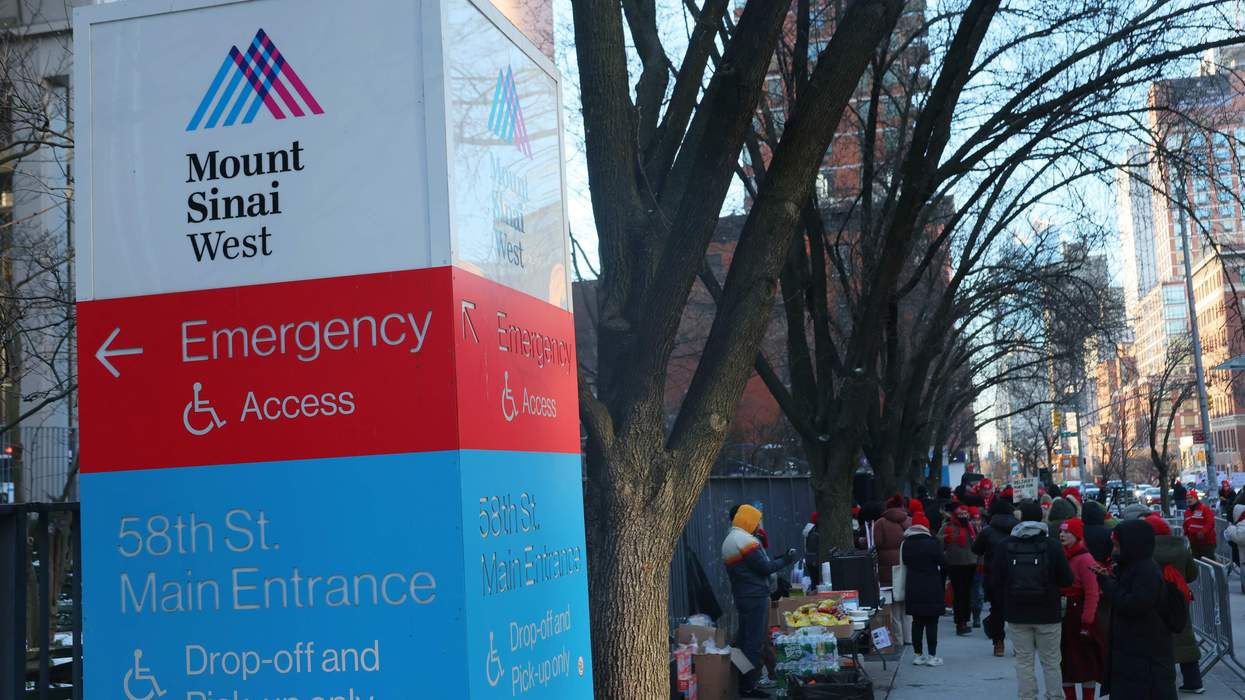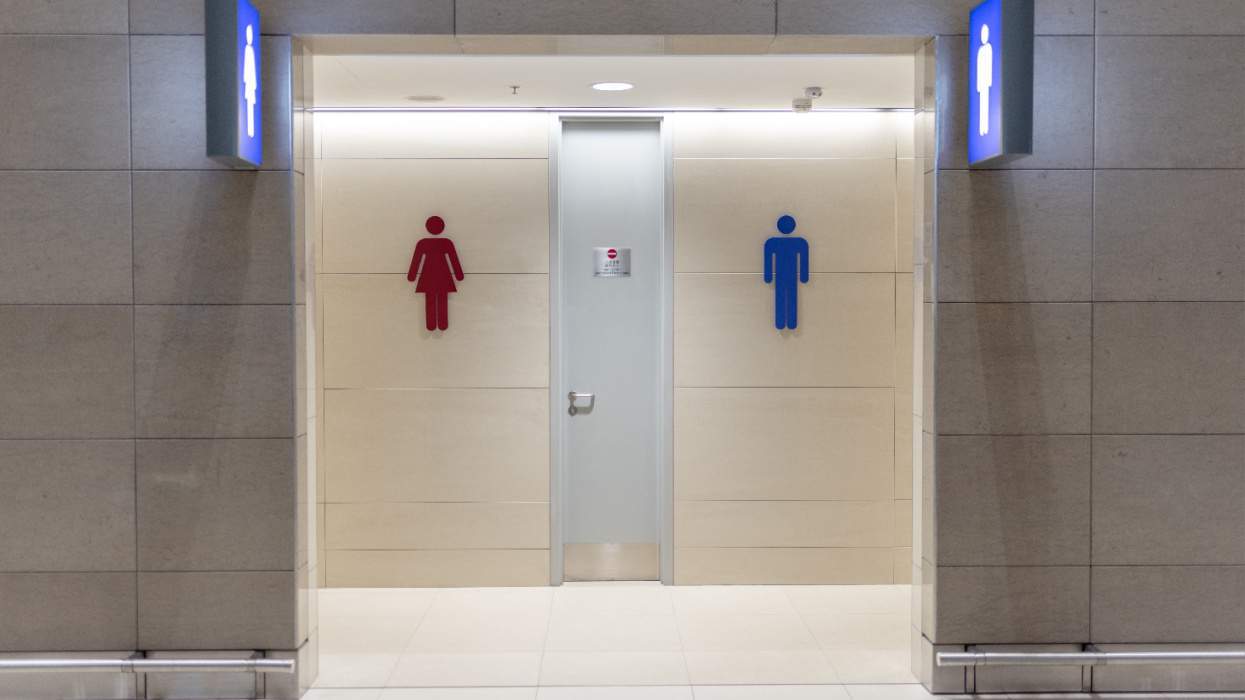Adults infected with a strain of HIV already resistant to one or more anti-HIV drugs do not experience faster disease progression than those infected with wild-type virus, according to a study in the January 1 edition of the journal AIDS, AIDSmap.com reports. Researchers followed about 300 HIV patients, 10% of whom were infected with drug-resistant virus, and discovered that while CD4-cell counts dropped more rapidly among drug-resistant patients in the first year after infection, there was no difference in subsequent years. At the five-year mark, there was no significant difference in median CD4-cell counts between those infected with drug-resistant and those with wild-type virus.
The study also showed that those infected with drug-resistant virus were just as likely to suppress HIV viral levels to below 500 copies per milliliter of blood through antiretroviral therapy as those infected with wild-type virus.
"These observations suggest that transmitted drug resistance impacts on response to first-line therapy in a subtle manner, if at all, and that longer-term follow-up and the study of second-line and salvage therapy will be required to identify clear correlates with the initial presence of resistance," the researchers wrote. (Advocate.com)















